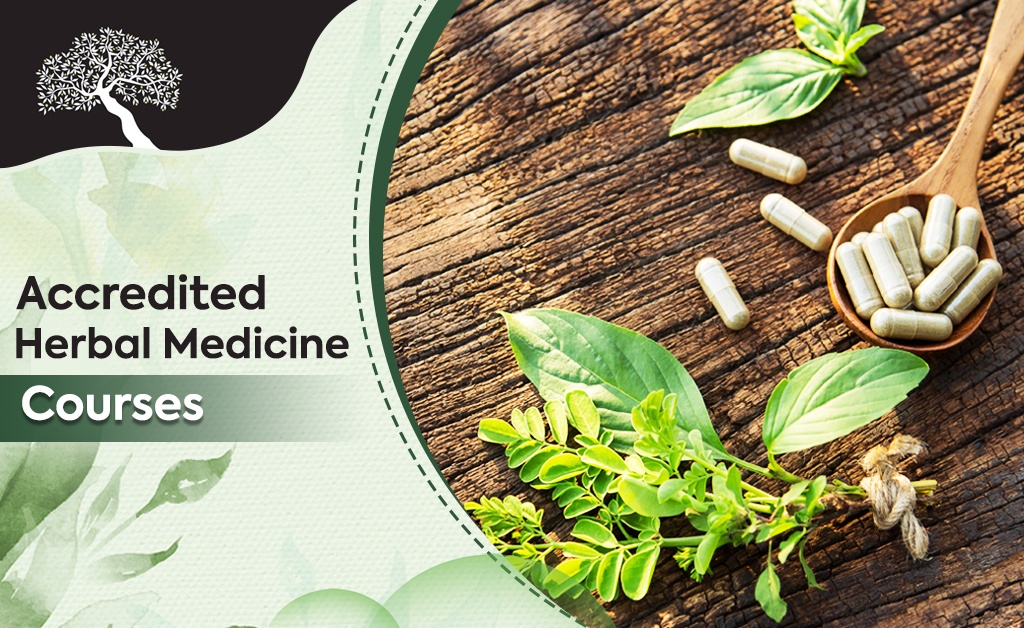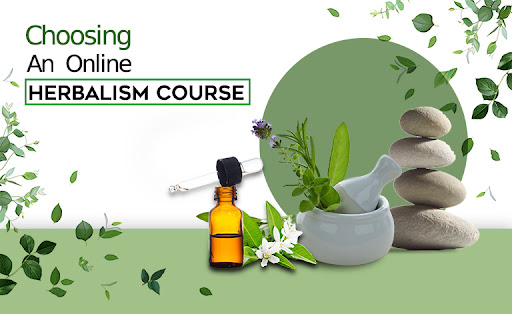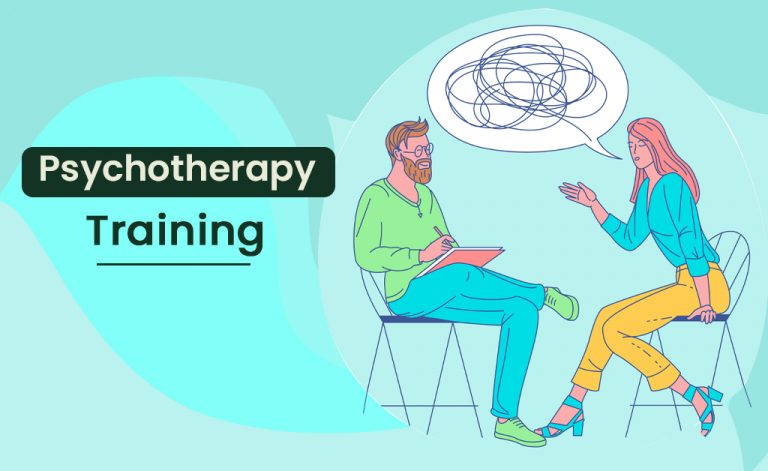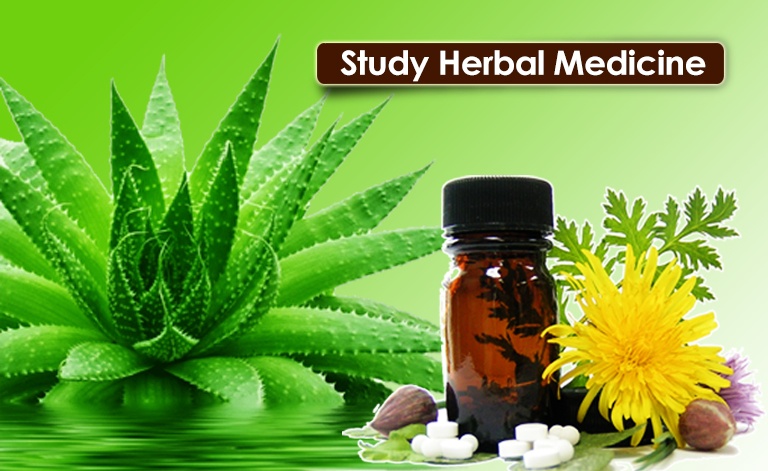Herbalism is the use of plants for therapeutic purposes, such as illness treatment and prevention, and health promotion. Herbal therapy is used by a variety of health care providers, including herbalists, chiropractors, and naturopathic doctors. With a rising number of patients interested in complementary therapies and nutritional supplements, even conventional doctors may seek herbalism training to improve their skill sets. An accredited herbal medicine course may enable you to work as a practitioner, produce or make herbs, conduct ethnobotanical research, or teach others about herbal medicine.
A Brief Overview of Herbal Medicine
Herbal medicine can be traced back to ancient civilizations. It entails the use of plants as medicine to cure disease and improve overall health and well-being.
The creation and mass production of chemically synthesised medications has changed health care in most regions of the world over the last 100 years. Traditional practitioners and herbal remedies are still used by huge segments of the public in developing nations for primary care. Traditional medicine, on the other hand, is not limited to impoverished countries; in the last two decades, public interest in natural remedies has grown dramatically in developed countries.
Herbal medicine is more affordable, more closely aligns with the patient’s ideology, alleviates concerns about the adverse effects of chemical (synthetic) medicines, satisfies a desire for more personalised health care, and allows greater public access to health information, among other reasons. Herbal medications are primarily used for health promotion and treatment of chronic, rather than life-threatening, illnesses. Traditional treatments, on the other hand, become more popular when Western medicine fails to treat an illness, such as advanced cancer or novel infections. Furthermore, traditional remedies are usually regarded as being natural and non-toxic.
Traditional medicine, regardless of why someone uses it, provides a vital health-care service to individuals who do not have physical or financial access to allopathic treatment, and it is a thriving global economic operation.
Herbal Medicine’s Applications in a Variety of Treatments
Herbs are now used to treat a variety of chronic and acute illnesses, as well as a variety of maladies and difficulties, including cardiovascular disease, prostate problems, depression, inflammation, and immune system boosting, to mention a few.
Herbs and plants can be processed and consumed in a variety of ways, including whole herbs, teas, syrups, essential oils, ointments, salves, rubs, capsules, and tablets containing a ground or powdered form of a raw herb or a dried extract. alcoholic extracts, hot water extract, long-term boiled extract, usually roots or bark, and cold infusion of plants are examples of plant extracts that differ in the solvent used for extraction, temperature, and extraction period (macerates).
Herbal medicine, like other prescription medications, should only be prescribed by a skilled and certified practitioner.
Benefits of Herbal Medicine- A Quick Look
- More cost-effective than traditional medicine
- It’s a lot easier to get than prescribed drugs.
- Hormones and metabolism are stabilised.
- Natural cures
- Immune system strength
- Fewer negative impacts are more cost-effective.
Career Prospects in Herbalism
Herbalists should expect an increase in demand for their services in the future. The invention of the heart drug digitalis from the foxglove plant is just one example of how interest in herbal therapy is expanding around the world as more herbal medicines are shown effective via scientific research. The majority of herbologists and herbalists are currently self-employed.
Whether you want to work in research, academia, or clinical practice, the booming area of herbal medicine has a wide range of career options. As a qualified expert, you’ll be responsible for ensuring that herbal medicines are used safely and successfully alongside other medical treatments and lifestyle choices. Accredited herbal medicine courses are appropriate for you if you’re interested in holistic natural cures and traditional remedies.
Conclusion
College of Medicine and Healing Arts is a registered Academy of Herbal Remedies in England & Wales. You will be able to access priceless riches of self-knowledge and uncover pathways to enhanced health and wellbeing through our wisdom-based healing practice.
You can enrol in our online programmes to improve and enhance your personal health, as well as to assist your family and friends. You can enrol in our in-person professional training if you want to become a herbalist, naturopath, iridologist, or psychotherapist.
Click Here to check our course catalogues. Don’t hesitate to call us on +44 (0)116 273 8614 0r send an email at info@comha.org.uk for any queries.
M. Salim Khan M.D. (M.A.) M.H. D.O. is a world-renowned natural medicine expert, specialising in Tibb’s universal healing heritage. For over 40 years, he has been practising herbal medicine, naturopathy, nutrition, and iridology.



